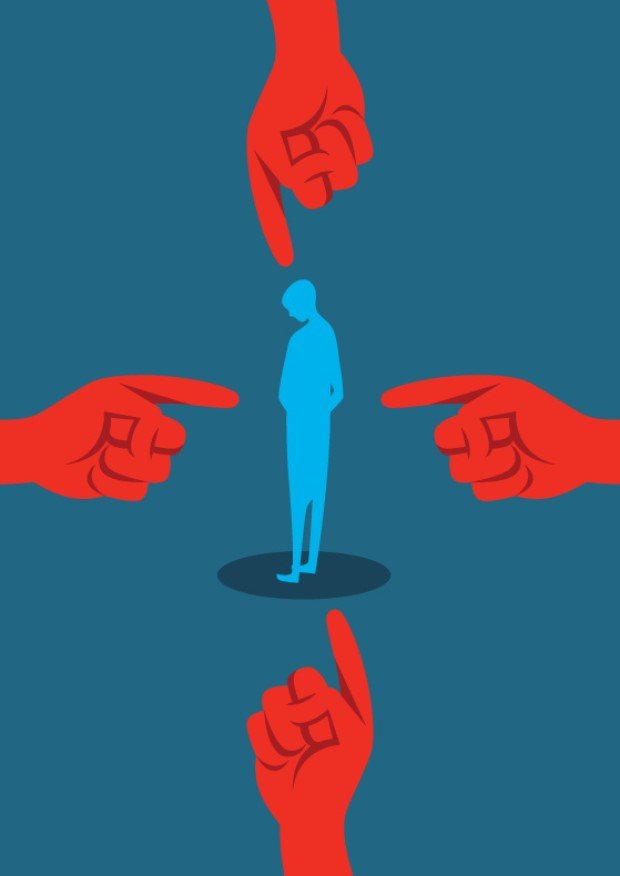A central issue some men face is a strained or poor relationship with their fathers. Our earliest relationships are the foundation for understanding ourselves, forming connections, and navigating the world. Questions like Who am I? What is a relationship? What can I expect from the world? Are first answered in childhood, often through our interactions with our parents. These early experiences shape how we relate to others as adults. Parental neglect, abuse, or even incompetence can leave lasting marks on how we approach relationships and life itself.
The intention here is not to blame fathers but to encourage personal accountability. Blaming others is easy; taking responsibility for where you are now as a man is much more complicated. If you’re reading this, it means you’ve survived your childhood—and that survival gives you the power to make changes. One step toward personal growth is to explore and reflect on your relationship with your father.
Revisiting the Father-Son Bond
As children, we may idealize our parents to feel safe, avoiding confrontation or protest to escape their anger or disapproval. But as adults, we have the opportunity—and perhaps the responsibility—to reassess these early relationships with a fresh perspective. Start by asking yourself some honest, reflective questions about your father:
One of my earliest memories of my father is
When I was a child, my father made me feel
The way my father showed love when I was growing up was
Something my father did that shaped who I am today is
One thing I wish I understood better about my father is
When I think about my father, I often feel
A conversation with my father that stands out to me is
One thing I want my father to do differently is
I’ve learned to forgive my father for
A way I can strengthen my relationship with my father is
The Impact of Fatherly Relationships
You can learn much about a man by understanding his relationship with his father. Many men face sadness when reflecting on this bond, revealing emotions they rarely show. For instance, one man shared how his father’s absence during his childhood shaped him. He recounted how his stepbrother’s father would visit, sparking feelings of abandonment. “I would see him come to pick up my brother, and it made me long for my father. I would wonder, What did I do? Sometimes, he would take me along and even buy me things, but none of it erased my sense of being abandoned by my father.”
Such experiences can profoundly affect a man’s behavior and emotional well-being. Often, men are unaware that much of their present behavior is compensatory—anger masking more profound feelings of hurt, sadness, and even depression tied to their relationships with their fathers.
Moving Forward
Reflecting on your relationship with your father can be painful but also liberating. It allows you to recognize patterns, process unresolved feelings, and, if possible, build a stronger connection with your father. It will also help you become a better parent yourself. And even if reconciliation isn’t possible, this process can help you find healing and peace within yourself. Remember, understanding your past is a decisive step toward shaping a better future.

